We negotiate to get somewhere and want to finish sooner rather than later. Job offers are no exception. Joining a social enterprise like a company may seem daunting; a David vs. Goliath journey. Yet, negotiations are between people, not things. Our visible and routine interpersonal skills pave the course.
Grappling with Visions of Opportunity
During the leave of absence for my MBA, a small U.S. company contacted me. They handled advanced technologies for the chemical industry and had a worldwide customer base. I was eager to resume my career dealing with value-added products on the world stage.
The company also reminded me of another small company I worked for in the previous decade. The CEO of that earlier company had remarked, ‘we’ll have fun being small and nimble.’ In my case, that remark had come true. I was excited at the prospect of again working for a small firm.
Discussions about a position with the new company often revolved around the potential for an overseas assignment. My wife and I had discussed going overseas even before getting married 20 years earlier. Early in our careers and with young children, we nearly had landed an overseas posting. But that family adventure never launched. We were again tantalizingly close to that dream-come-true.
Now our children were about to enter high school, and only a few years remained before they went off to college. Strategically, time was running out for our fantasy.
Toward the end of the MBA program, the company put a job offer in writing.
Seeing the World through the Same Framework
We use the inferred starting perspectives of others to help fix the social environment and ground our expectations. In conversation and negotiation, we refer to the decision on how people see a situation as framing. Framing helps to define productive approaches forward, the pathways to success, and how to avoid dead-ends.
Many are familiar with strategy frameworks for determining how a process will proceed. Will a company emphasize cost, performance, or a differentiated advantage? Will conversationalists clarify every term and concept? Will negotiators highlight their unique leverage or mutual opportunities? Different configurations offer alternative approaches to goals and interests.
Social Connections Focus on Exchanges
Over the eons, we have trained ourselves to use highly social skills in seeking out and working with others. Verbal signals provide a basis upon which to evaluate actions and commitments. Nonverbal clues transmit emotion, and we assess alignment with the corresponding verbal messages. We trade give-and-takes, considering their reciprocal quality.
Equitable trade means mutually judged as fair, not objectively equal. All take and no give fails to build connection; it corrodes confidence about a person’s reliability and future actions. Based upon our perception of another’s motivations, we decide to move forward in a relationship, contest or withdraw. Reciprocity builds trust.
Reliance Binds Personal Connections
Successful conversation and negotiation require the creation of trust. Confidence between individuals underlies functional, working, communities and societies. Depending upon each other enables collaborative problem solving for gains more significant than achievable alone. The development of trust is a sign of relationship. Trust is a connection.
As we develop connections, we build faith in progress: progress toward a meaningful point to the conversation or toward a robust agreement for action. Ties form at different levels, from familial, to close friend, to work colleague. Relationships are familiar, two-way, and personal.
-- --- ·-· ··· · -·-· --- -·· ·
The CEO and I had met several times over the months before the written offer. We engaged at a business dinner in the U.S., a site visit in Germany, and dinner with spouses back again in the U.S. He talked consistently about his vision for the company and my potential role in it.
The substantial parts of the offer were unexceptional, with no mention of overseas. Indeed, the CEO had made no promises, only the possibility of going overseas. Yet slowly acquainting was an ally in building a trusting bridge between us. He couldn’t promise, but he could promise to try.
The offer made a concession: my family would not have to relocate until the company decided about the overseas position. Trust in a balance between company and personal interests.
I accepted the offer, and this time, the dream came true.
Negotiators Pursue Relationship
A negotiator evaluates different frameworks for efficiency and effectiveness. Some frames are much more likely than others, some more productive, and some riskier. During assessment, we judge the value of another’s reciprocity based upon our perspective.
A negotiator’s objective is a lasting, valuable, partnership and that depends upon building a trusting relationship. Relationship is a cornerstone of success, and the cement of trust takes time to bond.
The actual words we say are only part of the connection between us! https://youtu.be/3XoJhhIfihs

